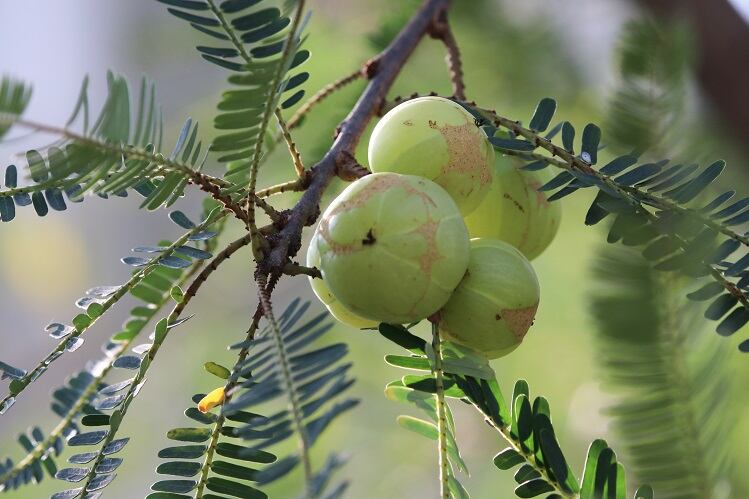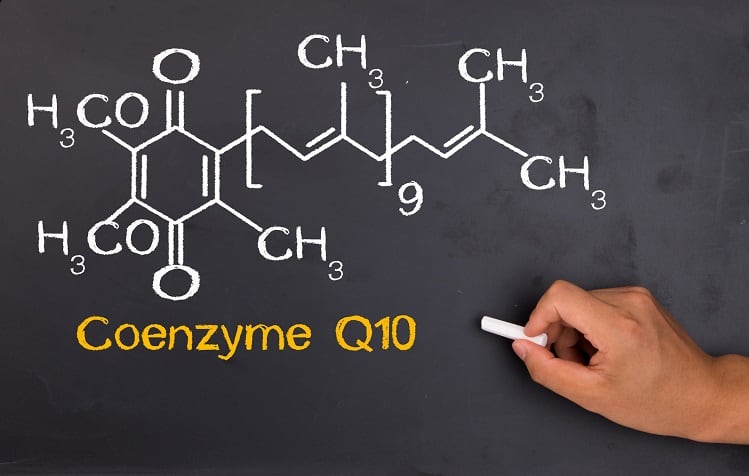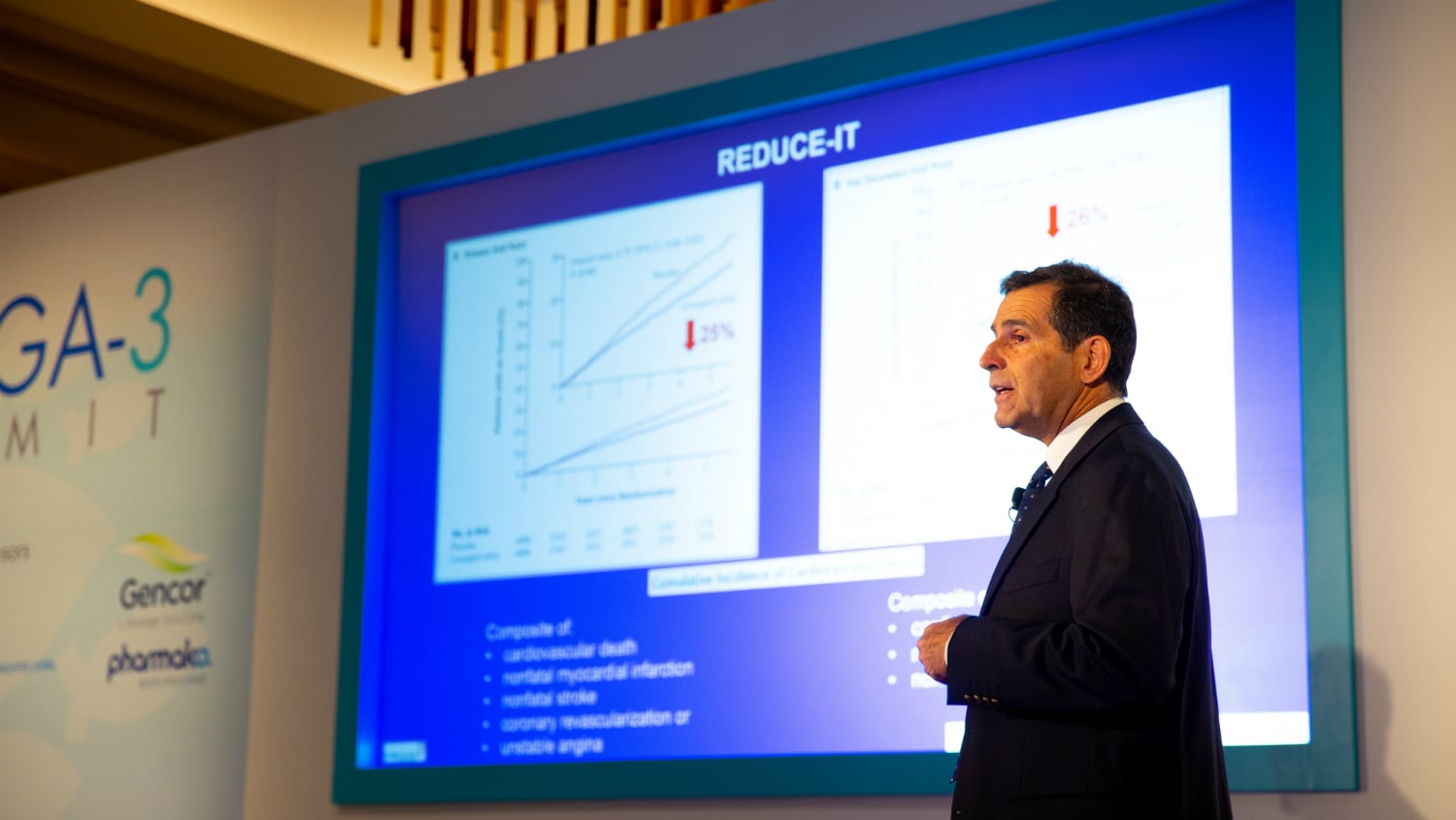Participants in both groups were recruited because of their dyslipidemia, or abnormally high levels of lipid. Dyslipidemia is a common risk factor for coronary artery disease and stroke.
“The amla [Emblica officinalis] extract has shown significant potential in reducing total cholesterol and triglyceride levels as well as lipid ratios…in dyslipidemic persons and thus has scope to treat general as well as diabetic dyslipidemia,” the researchers wrote in their report, published in the journal BMC Complementary and Alternative Medicine.
The team of researchers that authored the report are affiliated with multiple hospitals in India, with one researcher affiliated with the Baylor University Medical Center in Dallas, TX.
They investigated the health benefits of a standardized amla extract commercialized by Kerala, India-based Arjuna Natural Ltd., which also funded the study. The company markets the extract under the brand name Tri-Low.
“The toxic combination of high cholesterol, stress of modern life, and the wide availability of junk food are factors that are known to aggravate cardiovascular diseases,” said Benny Anthony PhD, joint managing director for Arjuna, in an emailed statement about these study results.
“The sacred Indian gooseberry, or amla, has been used for centuries in many Ayurvedic formulations as a Rasayanic, something known for its all-around health benefits and outstanding safety. Today we are increasingly realizing its place as an all-powerful cardiac protector — even in stubborn cases of unhealthy lipid profiles. Arjuna offers the same nutraceutical in an improved, more bioactive, and highly concentrated form.”
Study details
Ninety-eight men and women aged between 30 and 65 with abnormally high levels of lipids (total cholesterol, triglycerides, and LDL cholesterol) participated in the study.
Researchers randomly assigned them to one of two groups: An intervention group consuming 500 mg of amla extract in a capsule per day, or a similar-looking capsule containing a placebo made of roasted rice. Participants consumed their assigned capsules daily for 12 weeks.
Both participant groups initiated lifestyle changes, where lab staff guided them to eat a healthy diet and exercise at least four days a week.
Participants visited a lab for lipid measurements three times throughout the intervention period at day 28, 56, and 84.
Compared to lipid measurements at the beginning of the study, 73% of participants who ingested the amla supplements had significantly lower total cholesterol and LDL cholesterol each, while 89% showed a reduction in triglycerides.
Lipoproteins associated with anti-athereogenic properties (lipoproteins believed to help prevent fatty plaques in the arteries), such as HDL-cholesterol, were maintained at optimum levels in the amla group.
“A larger and longer term study is warranted to elucidate the mechanism of action of amla extract in dyslipidemic patients,” according to the researchers.
Source: BMC Complementary and Alternative Medicine
Published online ahead of print, https://doi.org/10.1186/s12906-019-2430-y
“A randomized, double blind, placebo controlled, multicenter clinical trial to assess the efficacy and safety of Emblica officinalis extract in patients with dyslipidemia”
Authors: Haridas Upadya




